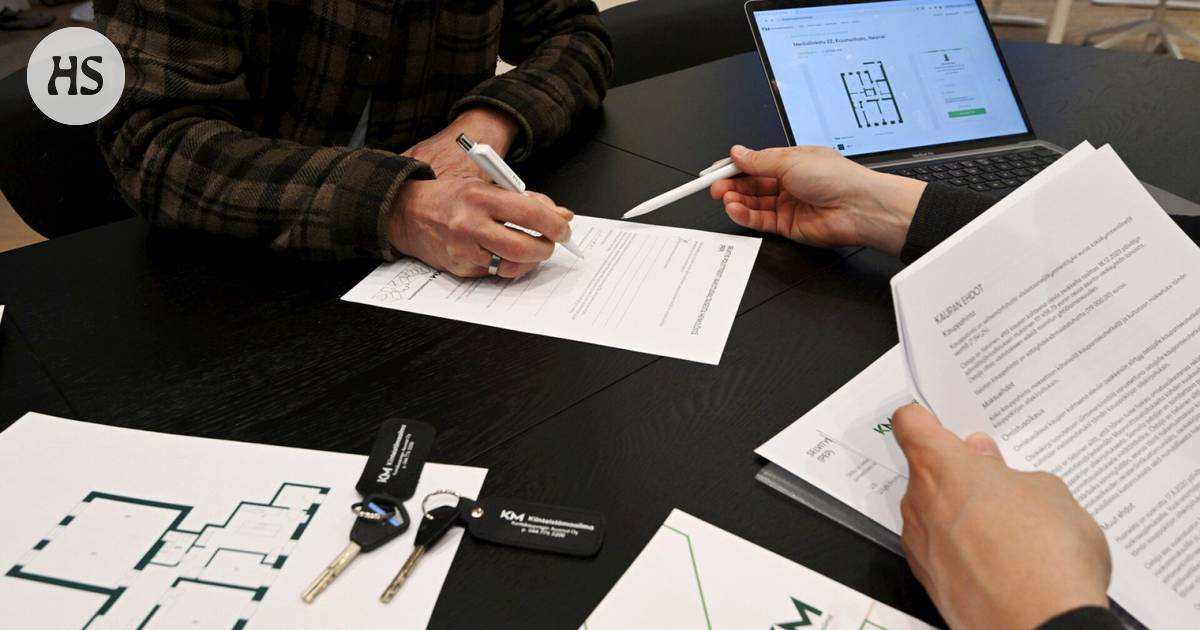
Unveiling Inequalities in Maternal Health: Keisha Malbrew’s Story and the Call for Change
Every year, the United States marks Black Maternal Health Week, which aims to raise awareness about the experiences of Black mothers during pregnancy and reduce the number of pregnancy-related deaths. This week-long initiative is an opportunity for communities to come together and support the well-being of all mothers. One local resident, Keisha Malbrew, has shared her story in order to shed light on this important issue.
Keisha, a mother of four, tragically lost her son just a day after giving birth in August 2016. Her son was premature and diagnosed with Down Syndrome at birth. Keisha was not informed about her baby’s health condition until he was born and struggled to breathe on his own. Unfortunately, Keisha’s experience is not unique – racial disparities in maternal healthcare exist in the United States, making it harder for Black women to receive the care they need during pregnancy and beyond.
This issue has motivated Lafayette native Angelica Rideaux to become a Birth and Postpartum Doula. Rideaux herself has experienced miscarriages and has felt dismissed by medical professionals when expressing concerns about her pregnancy. She understands firsthand the trauma that can come from birthing experiences and is passionate about advocating for other mothers who may face similar challenges.
Racial disparities in maternal healthcare are deeply rooted in systemic racism and discrimination against Black women. Hospitals and healthcare systems play a crucial role in identifying and addressing unconscious bias that contributes to these disparities. It’s important for these institutions to prioritize equitable care for all mothers, regardless of their race or ethnicity.
For new or expecting mothers in Evangeline Parish who are looking for resources, the New Life Pregnancy Center may be able to help provide support and information about maternal health options available within their community. Additionally, there is always a 24/7 hotline available at (800) 712-HELP (4357) that provides immediate access to emotional support as well as practical advice on navigating the healthcare system during pregnancy and postpartum recovery periods.
It’s time for communities across America to come together to address this critical issue head-on by supporting Black maternal health initiatives like Black Maternal Health Week, advocating for policy changes that prioritize equitable care for all mothers, and amplifying the voices of women like Keisha Malbrew who have faced tragic losses due to racism within our healthcare system.

